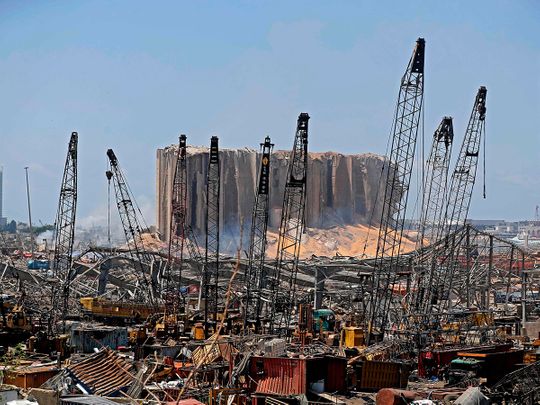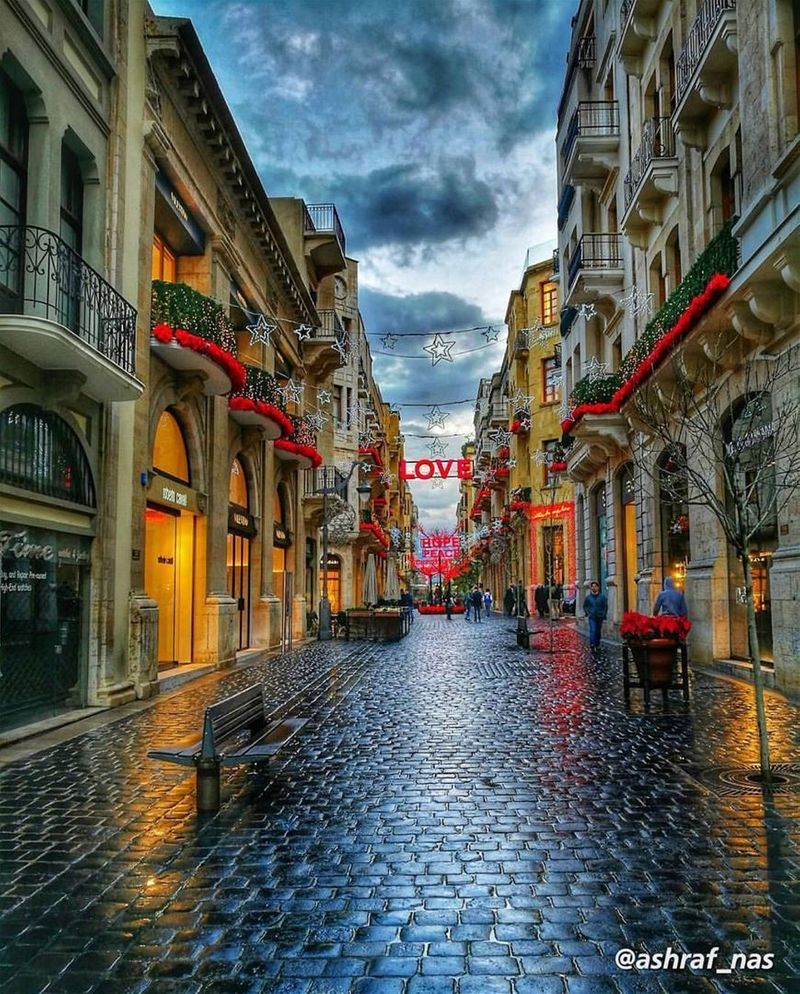
Beirut: Some of the world's biggest reinsurers are bracing for potential losses running into tens of millions of euros after last week's explosion that ravaged much of downtown Beirut.
Property damage alone from the blast could exceed $7 billion, according to the Institute of International Finance. Although only a fraction of the losses are covered by insurance, the blast's financial impact still could blow holes in reinsurers' balance-sheets.
Insured losses at the port and nearby vessels and cargoes could reach $250 million, according to Guy Carpenter & Co., a US brokerage.
German reinsurers exposed
"We are currently assuming that this will be a major loss for us," Christoph Jurecka, Munich Re's chief financial officer, tsaid. He declined to estimate the size of the loss, but Munich Re classifies total payouts of more than 10 million euros ($11.8 million) for one incident as "major".
Hannover Re, another Germany-based reinsurer, also anticipates a loss of at least 10 million euros, a company board member, Sven Althoff, said.
The Lebanese cabinet's resignation on Monday prolongs uncertainty about the size and timing of any eventual payouts. The government was still investigating the cause of the August 4 explosion when its members quit. An official conclusion that the blast was a terrorist act would nullify many of the claims, but for now, insurers, reinsurers and property owners alike are in limbo.

Seismic blow
The explosion walloped a nation already reeling from its worst financial turmoil in decades. Soaring inflation and a rapid devaluation of the Lebanese pound have made many imports prohibitively expensive. With the coronavirus stifling businesses, the economy may shrink by a quarter this year, according to the IIF, a Washington-based trade group for financial institutions.
Reinsurers are particularly exposed to claims from large industries near Beirut's downtown docks and wharves, as those are more likely than homes and small firms to be covered for property damage, Guy Carpenter said in a note.
Claims will be "exponentially higher" than $250 million if the official investigation rules out terrorism as the cause of the blast, said Fateh Bekdache, chairman and CEO of Lebanon's Arope Insurance SAL. That's because few policyholders are insured against acts of political violence, he said.
"Usually it's multinational companies or big Lebanese firms that take this cover."
Pay up in dollars
Insurance customers who pay out of their own pockets to repair damage to their property face a separate challenge. Most Lebanese insist on getting paid in dollars for goods and services. Yet the scarcity of hard currency in the country's banking system means insurers may reimburse customers with dollar checks that the claimants won't be able to cash at face value.
Such checks for "Lollars" - as Lebanese refer to these notional greenbacks - can only be converted on the black market, where they lose as much as 65 per cent of their value. As a result, construction contractors charge more for repair work unless they get paid dollars in cash.
Officials at one insurance company said a client seeking to replace some shattered glass received two different price quotes from the same contractor: $8,000 in cash or $20,000 through a bank.
Bob Jabra dreads getting a cheque as reimbursement for some 250 tons of rice that his food-importing firm lost in the explosion. "If you want to cash it, you don't get the same amount - you get one-third of it," he said.








